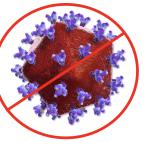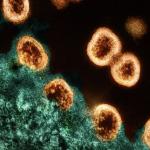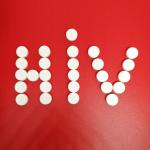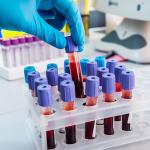If you grew up in the middle of the early AIDS epidemic as I did, something I've written about firsthand, the results of a study on a tw
AIDS
A case in which three women contracted HIV in 2018 from a cosmetic procedure (I) at an unlicensed spa in New Mexico back is the subject of a
Join host Cameron English as he sits down Dr.
He was also a man of courage, not afraid of attack by those whose moral stance opposed his scientific evaluations, even as they conflicted with his values. Staying true to science was his lodestar. Where are such heroes today?
Last month, we reported on an earth-shattering documentary not-so-subtly titled Seattle Is Dying.
Remember Gilead, that wicked company that dared to cure hepatitis C and made a bunch of money doing so? If this doesn't ring a bell, go back a couple of decades.
Since the 1980s, great strides have been made in designing and producing new drugs to prevent and treat HIV-AIDS.
Like an unlucky penny, Vladimir Putin keeps showing up in the American media. From allegations of election tampering to hacking emails, Mr. Putin chooses to stay relevant through notoriety.
Acquired immune deficiency syndrome (AIDS) has been responsible for 35 million fatalities since it was first recognize










